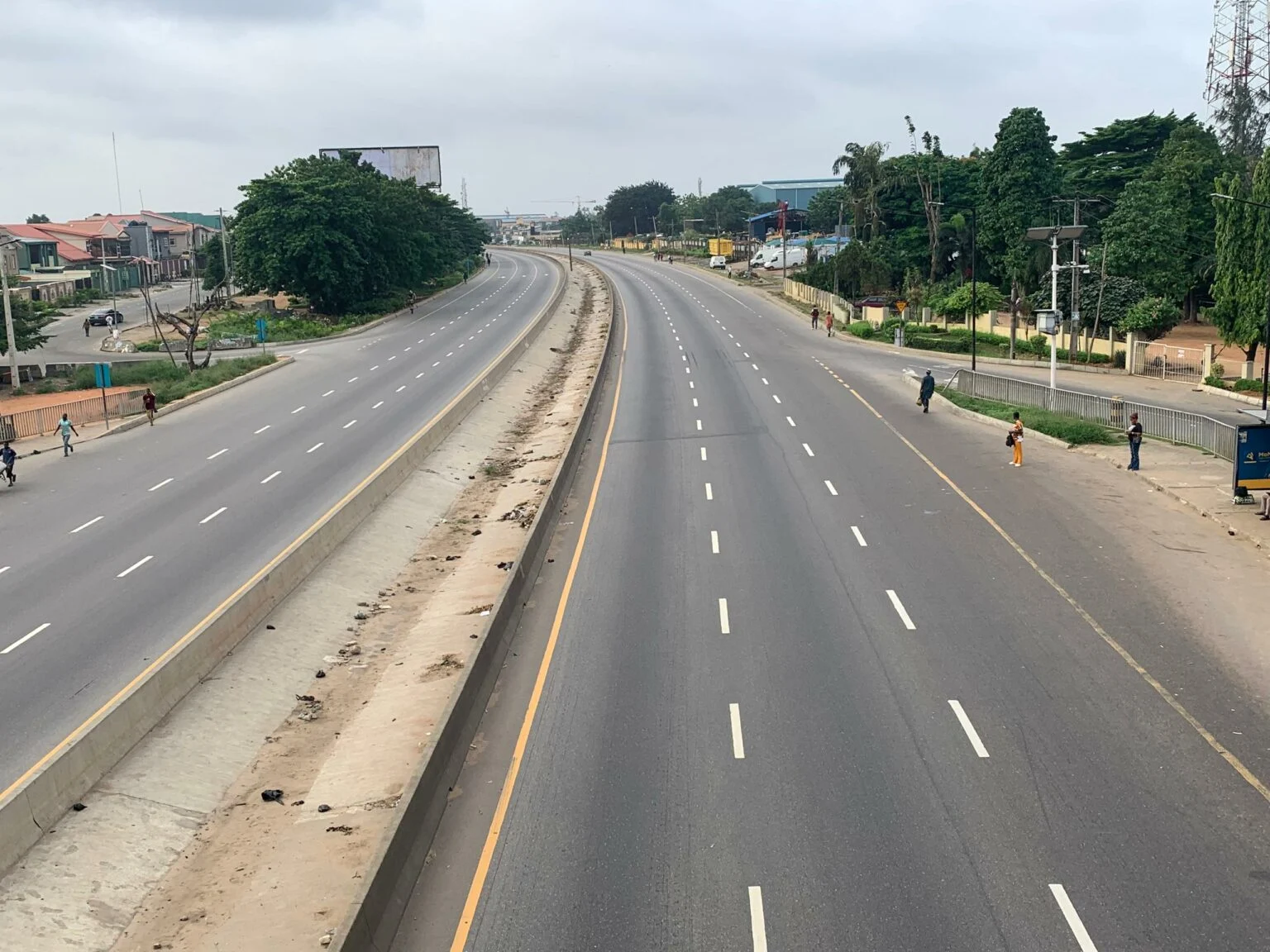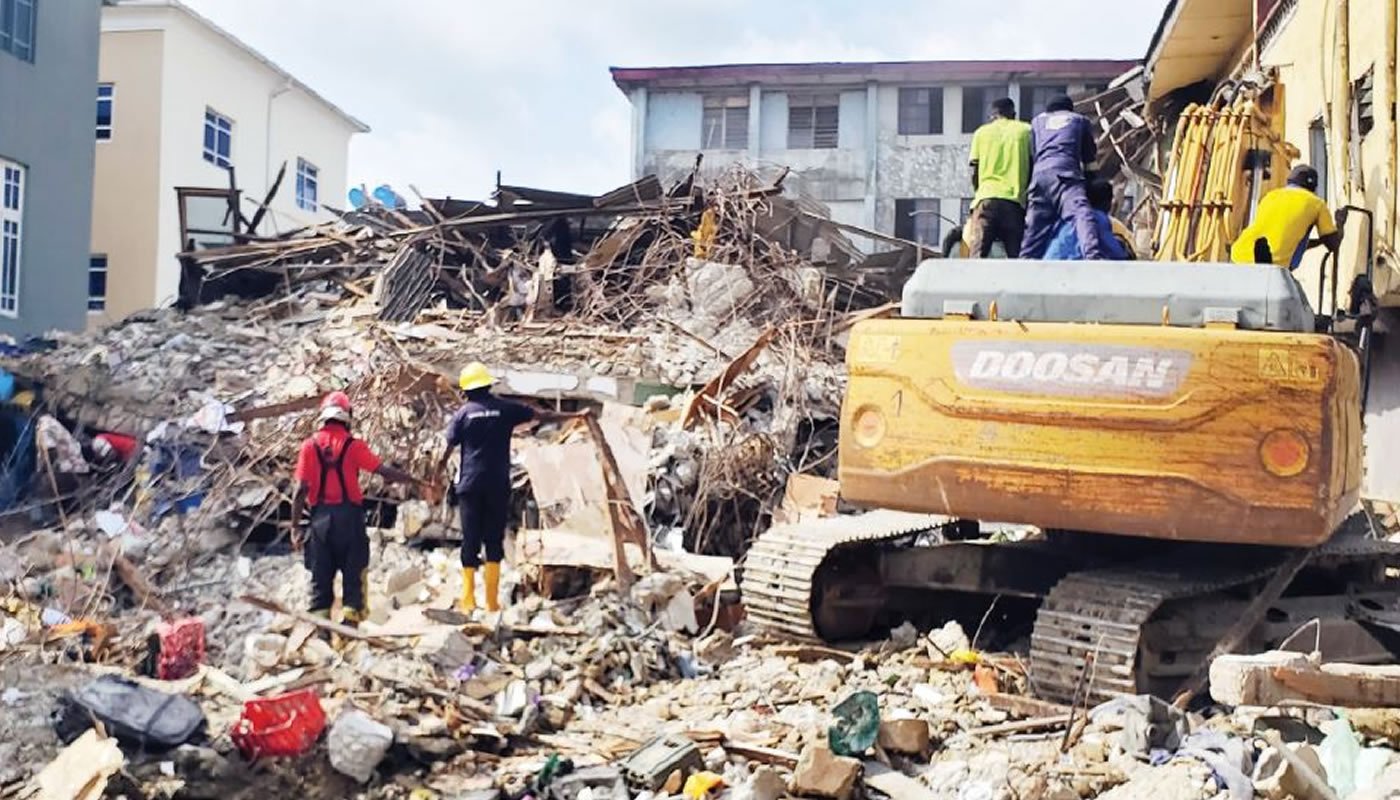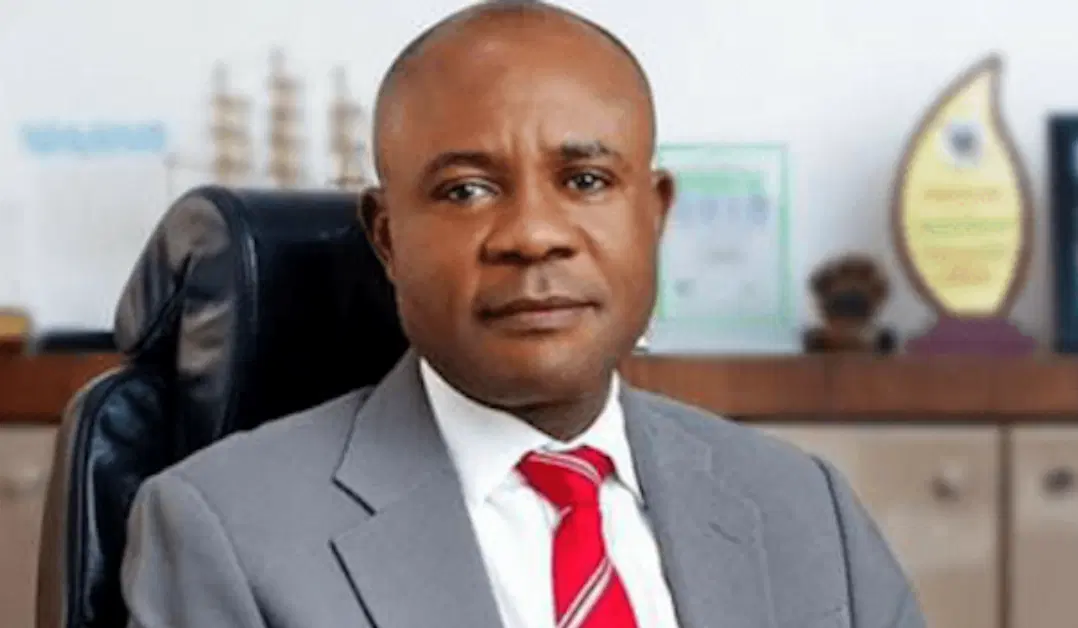The Ikoyi-Obalende Local Council Development Area (LCDA) has launched a new initiative known as “Street Marshals” to boost environmental cleanliness and maintain order across the community.
Announcing the programme on Monday via X (formerly Twitter), the Senior Special Assistant on New Media to Governor Babajide Sanwo-Olu, Jubril Gawat, said the initiative was introduced by the Council Chairman, Bola Oladunjoye.
According to the statement, the Street Marshals will be responsible for removing unauthorised structures from roads, tackling illegal markets and street trading, and preventing the unlawful use of public spaces.
They will also work to reduce noise pollution from social and religious centres and serve as information officers for the council.
Gawat noted that the council chairman charged the newly inaugurated marshals to be proactive, disciplined, and respectful while carrying out their duties, as they represent the image of the LCDA.
“The council has started with about 50 officers, and in due time, the number will increase to 100,” he added.
The launch of the Street Marshals comes amid the Lagos State Government’s ongoing demolition of illegal structures across several areas in the state — including duplexes along the Ikota River in Eti-Osa, buildings in Oworonshoki, and over 19 structures at the Trade Fair Complex in Ojo.
The exercise, jointly carried out by the Lagos State Building Control Agency (LASBCA), Lagos State Physical Planning Permit Authority (LASPPPA), and the Lagos State Urban Renewal Agency, has sparked public outcry, particularly from affected residents.
Read Also;
Speeding driver dies in Lagos road crash
However, the Commissioner for Environment and Water Resources, Tokunbo Wahab, defended the demolitions, explaining that they were aimed at addressing environmental violations and illegal developments — not targeting legitimate homeowners.
“I don’t demolish; I remove contraventions — that’s what the law allows me to do,” Wahab said.
He added that the exercise was necessary to restore order and protect areas prone to flooding.
“For Ikota, for instance, those buildings encroached on the river alignment. Ikota is a natural channel that discharges into the Lagos Lagoon. We engaged the developers for weeks and months, but they refused to comply — so those structures had to go,” he explained.



